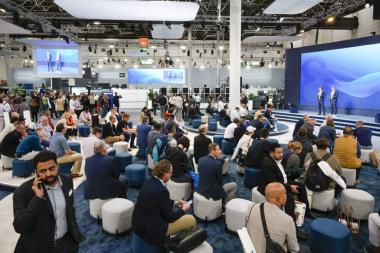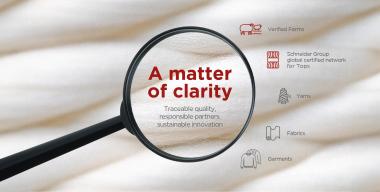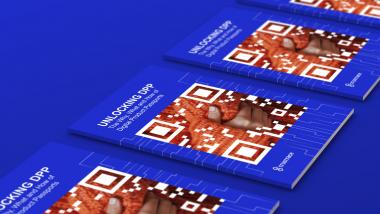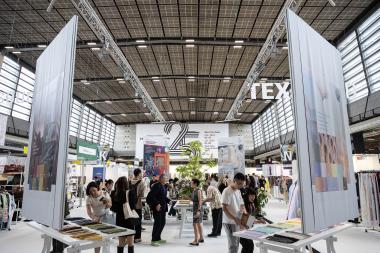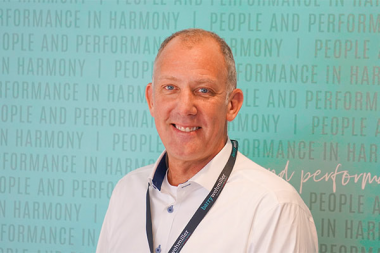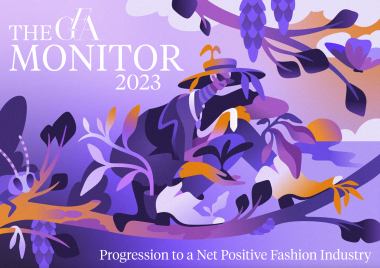Successful closing of drupa 2024
drupa 2024 in Düsseldorf drew to a successful close on 7 June after eleven days. 1,643 exhibitors from 52 nations presented a showcase of innovations in the Düsseldorf exhibition halls and thrilled the trade visitors with performances. The international share of the visitors was 80%, with attendees coming from 174 countries. After Europe, Asia was the most strongly represented region with 22%, followed by America with 12%. Asia as well as Latin America and the MENA region are markets with great growth potential, which was reflected in the significant increase in exhibitors' presence and order books.
Exhibitors praised the high level of decision-making competence of visitors. They, in turn, gave top marks to the range of products and services on offer in the 18 exhibition halls. Around 96% of all visitors confirmed that they had fully achieved the objectives associated with their visit. At over 50%, most of them came from the printing industry, followed by the packaging industry, whose share has increased significantly and which was the focus of many exhibitors as a growth driver. In total, 170,000 trade visitors attended drupa 2024.
Digitalisation
Automation took centre stage at this year’s drupa, with a strong focus on AI and smart workflows, including software solutions. It became clear that digital and analogue technologies ideally complement and benefit from each other. Traditional industry leaders presented a wide range of digital solutions, while digital pioneers integrated conventional components into their offerings. Robotics played an important role in the exhibition halls and illustrated the path towards the smart factory.
Transformation and growth
drupa made it clear that the industry has great potential for the future, even against the backdrop of many challenges, and that the prospects are promising. In the last financial year, the global printing industry achieved a turnover of around EUR 840 billion (source: Smithers) and continues to develop at varying pace worldwide.
Many new strategic alliances concluded at the trade fair reflected the opportunities that are only possible in such a concentrated form at drupa.
Sustainable technologies
Technology is the key to achieving sustainability goals - exhibitors at drupa illustrated this with numerous practice-orientated developments and concrete solutions. Top priority is given to resource efficiency and the path to a functioning circular economy. In addition, Touchpoint Sustainability from the VDMA, the German Machinery and Equipment Manufacturers’ Association, showcased current state of the art innovations, presented best-practice use cases and gave a far-reaching outlook into the future of a sustainable printing industry.
Knowledge transfer
The supporting programme with its five special forums drupa cube, drupa next age (dna) and the Touchpoints Packaging, Textile and Sustainability was well received. In times of constant change and the resulting new business models, they ensured an intensive transfer of knowledge and provided important guidance. Guided tours on various key topics rounded off the trade fair experience.
The next drupa will be held in 2028.
Messe Düsseldorf GmbH


